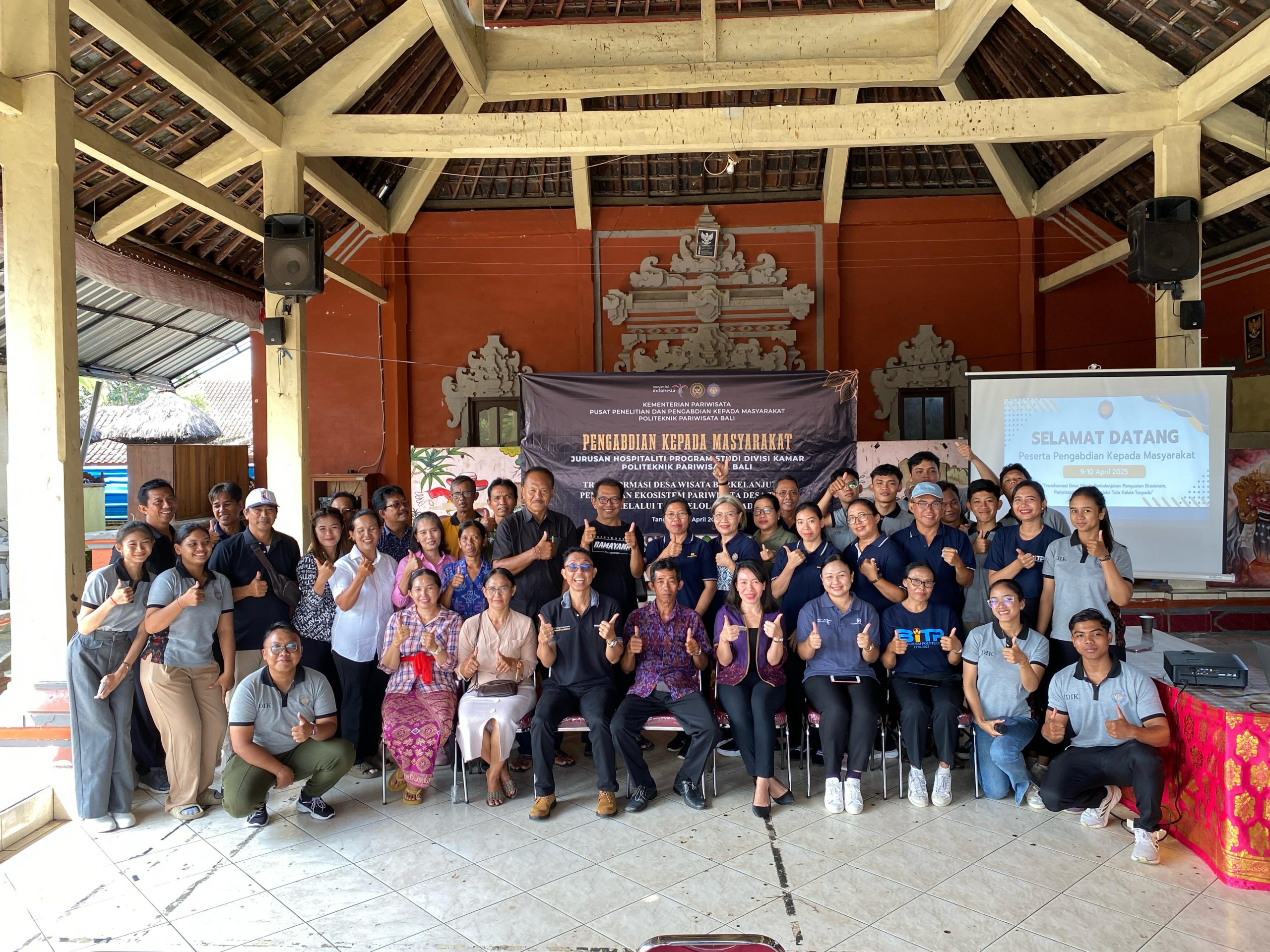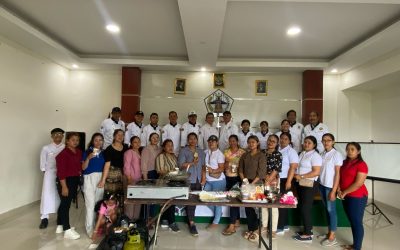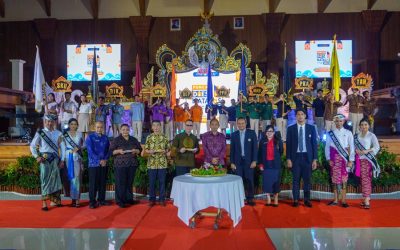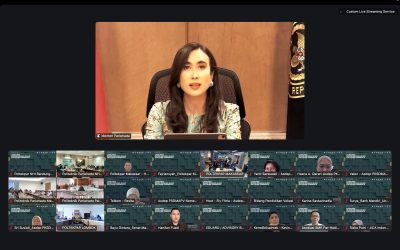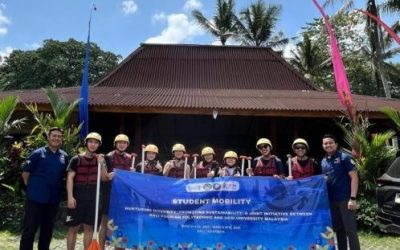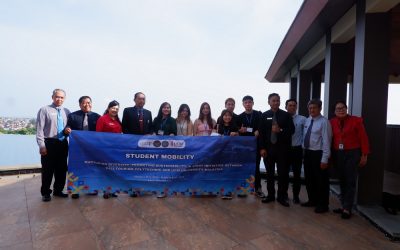Tabanan, Bali — Tajen Village, located in Tabanan Regency, Bali, is embarking on a new chapter as a sustainable tourism destination. With a spirit of collaboration and empowerment, Bali Tourism Polytechnic, through its Hotel Division Program, has launched a service program titled “Sustainable Village Tourism Transformation: Strengthening the Tourism Ecosystem of Tajen Village Through Integrated Governance.” This initiative is not only a form of social responsibility by the higher education institution but also a concrete implementation of both practical and theoretical approaches in building a resilient and competitive village tourism foundation.
This program is designed as a collaborative service model involving multiple stakeholders, including academics (faculty and students), village officials, homestay managers, tourism attraction operators, and the Village-Owned Enterprises (BUMDes). This participatory approach ensures that every intervention addresses not only short-term needs but also builds a sustainable system.
The activities are based on four key pillars that serve as the foundation for the sustainable transformation of Tajen Village as a tourist destination. The first pillar is homestay management, which includes mapping, evaluating, and standardizing facilities and services, with an emphasis on local cultural uniqueness as the main selling point. The second pillar focuses on the development of tourism attractions, carried out through the preparation of informative and engaging attraction documentation. The third pillar is waste management and cleanliness, which prioritizes educational programs and the implementation of a circular economy concept based on community participation to create a clean and sustainable village environment. The fourth pillar is strengthening the governance of BUMDes, positioning BUMDes as the central management entity for integrated village tourism, encompassing reservation systems, digital promotion, and effective and professional coordination among stakeholders.
The program began with an observation and analysis of the village’s current conditions—from the limited homestay facilities, lack of online visibility for attractions, to the unorganized waste management system. The results of this analysis serve as the basis for the development of standard operating procedures (SOP), promotional content, and an integrated working system that will be implemented directly through training sessions and ongoing assistance until the end of 2025.
“We do not bring external concepts to be applied blindly. What we do is listen, analyze, and then work together with the community to build practical and long-term solutions,” said Dr. I Gede Darmawijaya, Head of the Service Team.
One of the strategic contributions of this program is the establishment of an integrated village tourism information system through the digitization of a website, social media, and an event calendar based on Google Maps. This system not only serves for promotion but also supports online reservations, reporting, and monitoring the performance of village tourism. BUMDes, as the main manager, is given a central role in orchestrating the entire process—an important step towards professional and sustainable destination governance.
Dr. Putu Diah Sastri Pitanatri, Head of the Research Center for Community Engagement at Bali Tourism Polytechnic, expressed appreciation for the program. “This program is a best practice in community service that touches the core of the community from all directions and is expected to be adopted by other study programs” she said.
The Secretary of Tajen Village also expressed gratitude for this initiative. “We feel we are not being helped, but invited to grow together. The approach is systematic, and most importantly, relevant to our needs,” he stated.
It is highly beneficial if Community Service (PkM) activities can evolve from merely meeting requirements to full participation, and from budget-based performance to needs-based. This approach will encourage the creation of a more inclusive village tourism by strengthening the natural, agricultural, and local welfare potentials. When the local population thrives, their village naturally becomes attractive—making tourism a bonus that respects and preserves their unique identity.
Looking ahead, this project is expected to become a model for sustainable collaboration that can be replicated in other villages across Indonesia, as a tangible manifestation of the role of higher education institutions. More than just a service program, the Tajen Village Tourism Project represents the integration of knowledge, skills, and community development values based on local culture. Through this comprehensive transformation program that empowers the local community, the village institutional structure can be strengthened to support the positioning of village tourism as a key player in the future tourism landscape of Bali.

